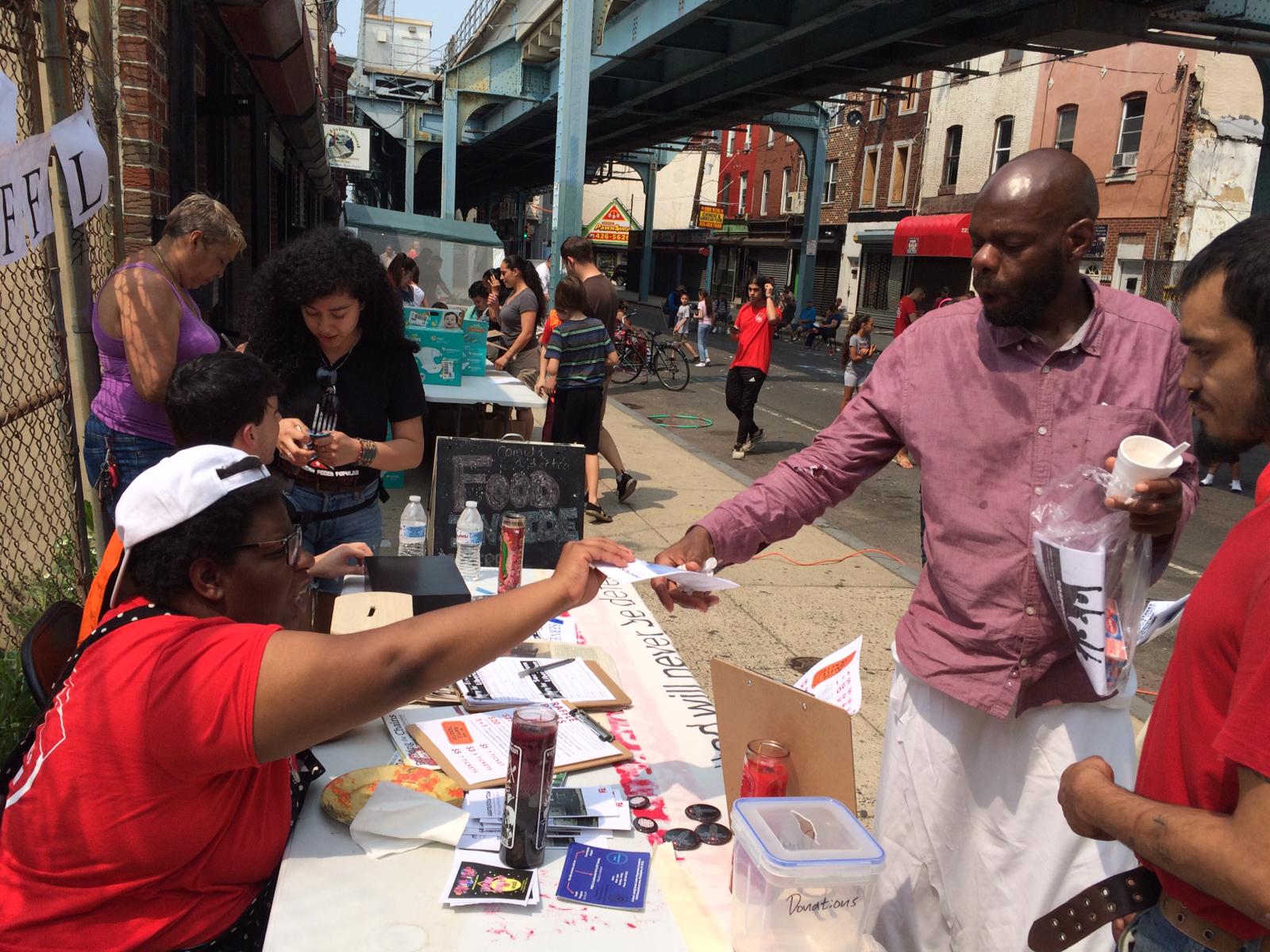I've been thinking a lot lately about the way to do effective base building in the US, and my thoughts returned to this Liberation School article from a few years ago that analyzes dual power, mutual aid, and direct service. I'd love to hear the thoughts of comrades on this piece and the concept generally.
Some excerpts:
The Black Rose Anarchist Federation is among the more prominent organizations popularizing this new understanding of dual power. This reformulation of the concept has its roots in anarchist writings on the subject that emerged in the early 2000s, in the aftermath of the anti-globalization movement. As an expression of its current position, this organization republished an article last year called “Active Revolution”, originally written in a 2002 issue of the publication The Northeastern Anarchist. It defines dual power this way:
Dual power theorizes a distinct and oppositional relationship between the forces of the state/capitalism and the revolutionary forces of oppressed people. The two can never be peacefully reconciled.
With the theory of dual power is a dual strategy of public resistance to oppression (counter-power) and building cooperative alternatives (counter-institutions). Public resistance to oppression encompasses all of the direct action and protest movements that fight authoritarianism, capitalism, racism, sexism, homophobia, and the other institutionalized oppressions. Building cooperative alternatives recreates the social and economic relationships of society to replace competitive with cooperative structures.
It’s hard to imagine what doesn’t fall under such a broad definition. Instead of institutions like Venezuela’s National Constituent Assembly or the Soviets of the Russian Revolution that have the capacity to exercise state power — to enforce the rule of either workers and the oppressed or the capitalist class — the “power” in dual power simply refers to the fact that there are two camps in society locked in conflict with one another. That the interests of the exploited and oppressed are opposite and irreconcilable with the interests of the exploiters and oppressors is no revelation. This is simply a restating of the materialist conception of history. That revolutionaries should participate in politics — the struggle for power in society — is a concept so elementary that it has little utility for those looking for a concrete strategy to pursue.
take a moment for a minor anti-anarchist polemic
For revolutionaries, base building refers to long-term efforts to create a durable reserve of support within a particular section of the working class. This is usually constructed on the basis of a workplace or a neighborhood. The provision of services is an important element of base building work. But this needs to be done in a way that does not promote the view that the creation of a vast network of worker-owned cooperatives or activist-administered social programs is a path to power. Properly applied, “serve the people” programs are primarily an outreach tactic with the goal of identifying sites of potential class struggle, rather than a manifestation of dual power.
To consider some practical examples, the Philadelphia branch of the Party for Socialism and Liberation is involved in a number of base building activities that utilize direct service events along these lines. In May, we organized a block party through our Kensington-based community center called the Philadelphia Liberation Center. At the block party, we distributed bags of household essentials and childcare goods marked with our Party logo, and also organized music, childrens’ activities, and a cookout to give neighbors a chance to socialize. Events geared towards meeting residents’ cultural and recreational needs can be just as effective as those aimed at meeting material needs, and has the added benefit of attracting in greater numbers the layers of the neighborhood with a baseline level of stability conducive to future organizing efforts.
Kensington is being intensely targeted by the big banks and real estate firms for gentrification. We made the right to housing the political theme of the block party, produced a special pamphlet for it, and promoted the event with the framing “strong communities can resist gentrification.” In the course of our outreach for the block party, we met a long-time, well-respected resident of the neighborhood who was fighting the construction of a massive, luxury apartment complex on the small residential street where she lived. She invited us to attend an upcoming hearing on the construction, and from there to join the fight on an ongoing basis. The practical commitment to the well-being of people in the neighborhood demonstrated by the PSL’s cadre earned the trust of the people, who invited us to intervene in this local issue. From there, we were able to help launch the Norris Square Community Action Network, which carried out a well-attended picket of the construction site and is also moving forward with other projects in the neighborhood.



I don't think we're disagreeing